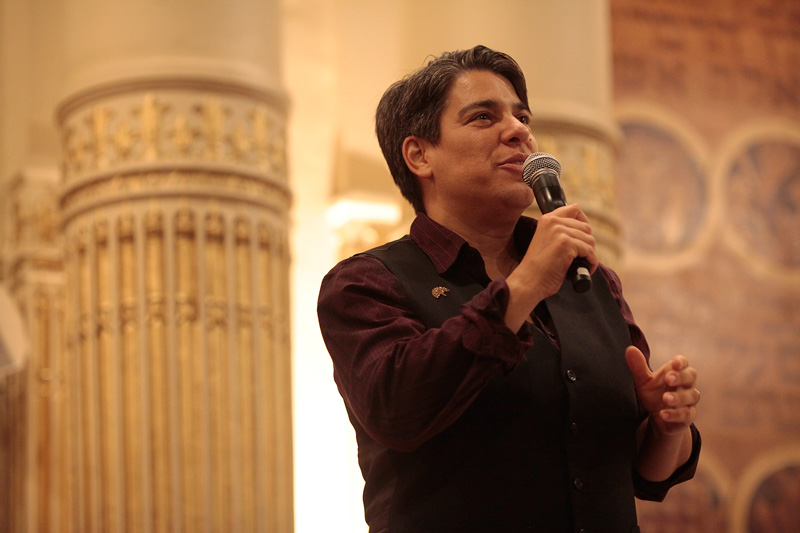Councilwoman Rebecca Kaplan continues to hold the lead in the race for Oakland mayor, and fellow Councilwoman Libby Schaaf has moved into second place, according to the latest poll from the Oakland Metropolitan Chamber of Commerce.
That same poll released Wednesday, puts incumbent Mayor Jean Quan in third place despite respondents saying the city's on the right track.
“People realize that it's more peaceful and they think this city's doing well, they just don't associate it with me, unfortunately," Quan said at a policy roundtable Wednesday night. "If you blame me for everything that's gone wrong in the last 10 years, you have to give me some credit for the things that are going very right."
Fourteen candidates are vying to unseat Quan, including Port Commissioner Bryan Parker, City Auditor Courtney Ruby, attorney (and former Quan ally) Dan Siegel and San Francisco State Professor Joe Tuman. Oakland voters will use ranked-choice voting to elect the mayor, as well as the auditor, council members and school board members. But confusion or even suspicion of the system remains. KQED's Mina Kim spoke with reporter Cy Musiker, who is covering the Oakland mayoral race.
Mina Kim: So how have ranked choice elections played out since the system first took effect in San Francisco in 2004?
